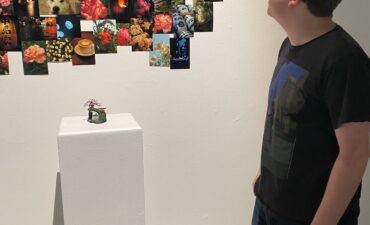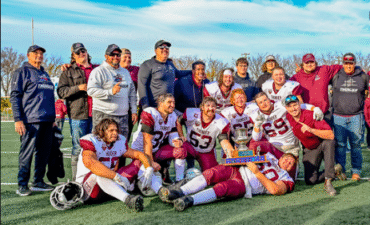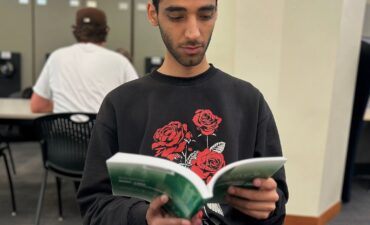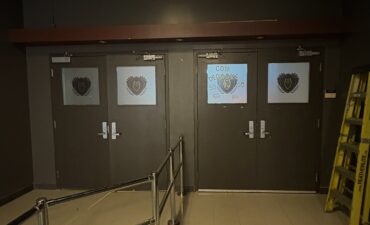After holding a virtual program in 2020 due to COVID 19, the Indigenous Communication Arts Summer Institute returns to in-person classes this year.
The program serves as a way one student connects to a lost loved one.
“I was laid off due to the pandemic in 2020,” said Bryana Couture, an INCA 2020 grad student. “I took the opportunity to attend INCA Summer Institute, because my father had ties to INCA back in his day, so it felt like a great way to connect with his past after he left this earth.”

The INCA certificate program at the First Nations University of Canada is a seven-week course run by the department of Indigenous Communication Arts, which educates students to work as journalists and public relations professionals.
It introduces students to journalism reporting techniques, protocols, technical needs, writing styles and formats, as well as providing opportunities to train with professional journalists.
“I did feel like I missed out on a lot,” said Mercedes Redman, a participant in the 2020 program.

Going back to an in-person program has come with a lot of changes.
“Some things have made it a lot better,” said Shannon Avison, one of the organizers of the INCA summer institute.
“We have a brand-new computer lab for certain newsrooms. We also have two podcasting/radio studios and production studios and a new office space which is much bigger than we’ve ever had before.”
But the virtual experience had its limitations.
“I was not able to connect with my classmates at barbecues or certain events that would go on during the normal INCA summer institutes,” said Redman. “We did get to meet journalists, but I feel like it would’ve been a lot more effective if it were in person.”
INCA Summer Institute goes online
Couture said that another limitation was screen fatigue – they spent six hours a day on-camera in the virtual classroom setting.
“It was all new, so we were kind of like guinea pigs,” said Couture. “We were just testing things out and figuring it out as we went along.
“I credit the mentors for helping us along when the going got tough, they made themselves available and gave out their phone numbers and we were able to email them questions.”
The guest speakers also faced challenges.
“I prefer in-class all the time,” said Nelson Bird, a guest speaker and CTV Regina assignment editor. “It’s probably because of my age, but I had a hard time really focusing my attention to people when they were not in the same room with me.”
With the limitations involved, it almost got cancelled.
“We almost canceled in 2020,” said Avison. “Because the summer institute is hands-on and also an opportunity for networking.”
These virtual sessions also came with their advantages.
“We could have more instructors come in by zoom,” said Avison. “People we would probably not even have considered before because of it being mostly in person. We had a fellow that taught a whole day of photography and videography.”
She said that despite the COVID situation, they have had time to really rebuild the program between 2020 and now.
“We have a lot of interest in the program now,” said Avison. “And some of the students who will take the summer institute will be trained and have employment through Pîkiskwêwin, which is an Indigenous language podcast.”















